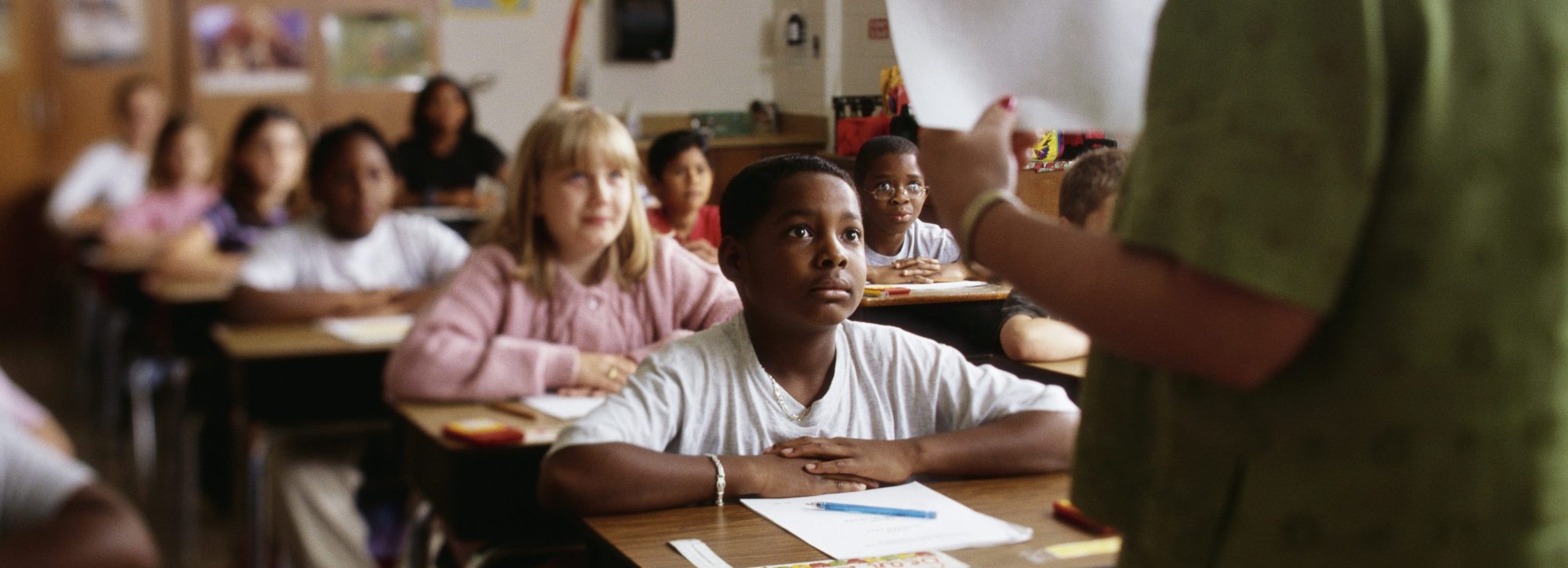Educational psychologist Michele Borba says thrivers aren’t born, they’re made.
Videos by Rare
And after combing through piles of research on traits, she’s identified seven that kids need to boost mental toughness, resilience, social competence, self-awareness and moral strength.
These seven, she says, are what separates successful kids from those who struggle:
1. Self-confidence:
Self-confidence comes from facing obstacles, creating solutions and bouncing back on your own.
2. Empathy:
Label emotions, ask questions, share feelings, notice others.
3. Self-control:
Teachers use “attention signals” like ringing a bell or verbal cues: “Pencils down, eyes up.” Another technique is to use stress pauses. Slowing down gives them time to think. Teach a “pausing prompt” your child can use to remind them to stop and think before acting: “If you’re mad, count to 10 before you answer.”
“When in doubt: Stop, think, cool off.”
“Don’t say anything you wouldn’t want said about you.”
4. Integrity:
A set of learned beliefs, capacities, attitudes and skills that create a moral compass children can use to help them know/do what’s right. Praise ethical behavior when your child displays it so they recognize that you value it. Call out integrity, then describe the action so your child knows what they did to deserve recognition.
Using the word “because” makes your praise more specific: “That showed integrity because you refused to pass on that gossip.”
“You showed integrity because you kept your promise to go with your friend even though you had to give up the slumber party!”
5. Curiosity:
Use open-ended toys, gadgets and games. Give them paint, yarn and popsicle sticks to create constructions.
6. Perseverance:
Helps kids keep on when everything else makes it easier to give up. Mistakes can derail kids from getting to the end and succeeding. So don’t let your kid catastrophize their problem. Instead, help them zero in and identify their stumble.
7. Optimism:
Optimistic kids view challenges and obstacles as temporary and able to be overcome, so they are more likely to succeed. Children who are pessimistic see challenges as permanent, like cement blocks that are impossible to move, and so they are more likely to quit.
Teaching children optimism begins with us. Kids adopt our words as their inner voices, so over the next few days, tune in to your typical messages and assess the outlook you offer your kids.
If you are interested in more of her work, she has a new book out on the subject. You can purchase it here.



